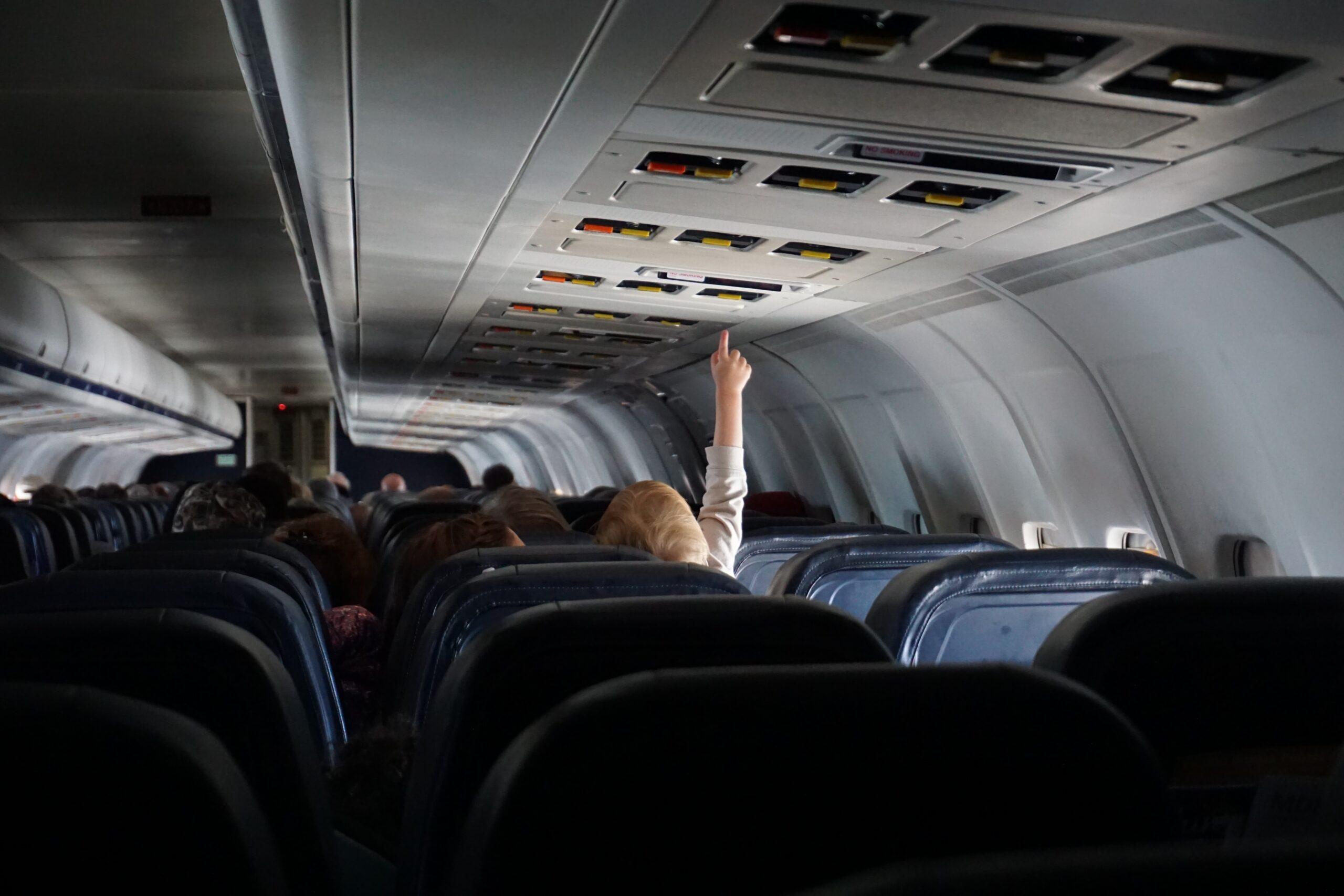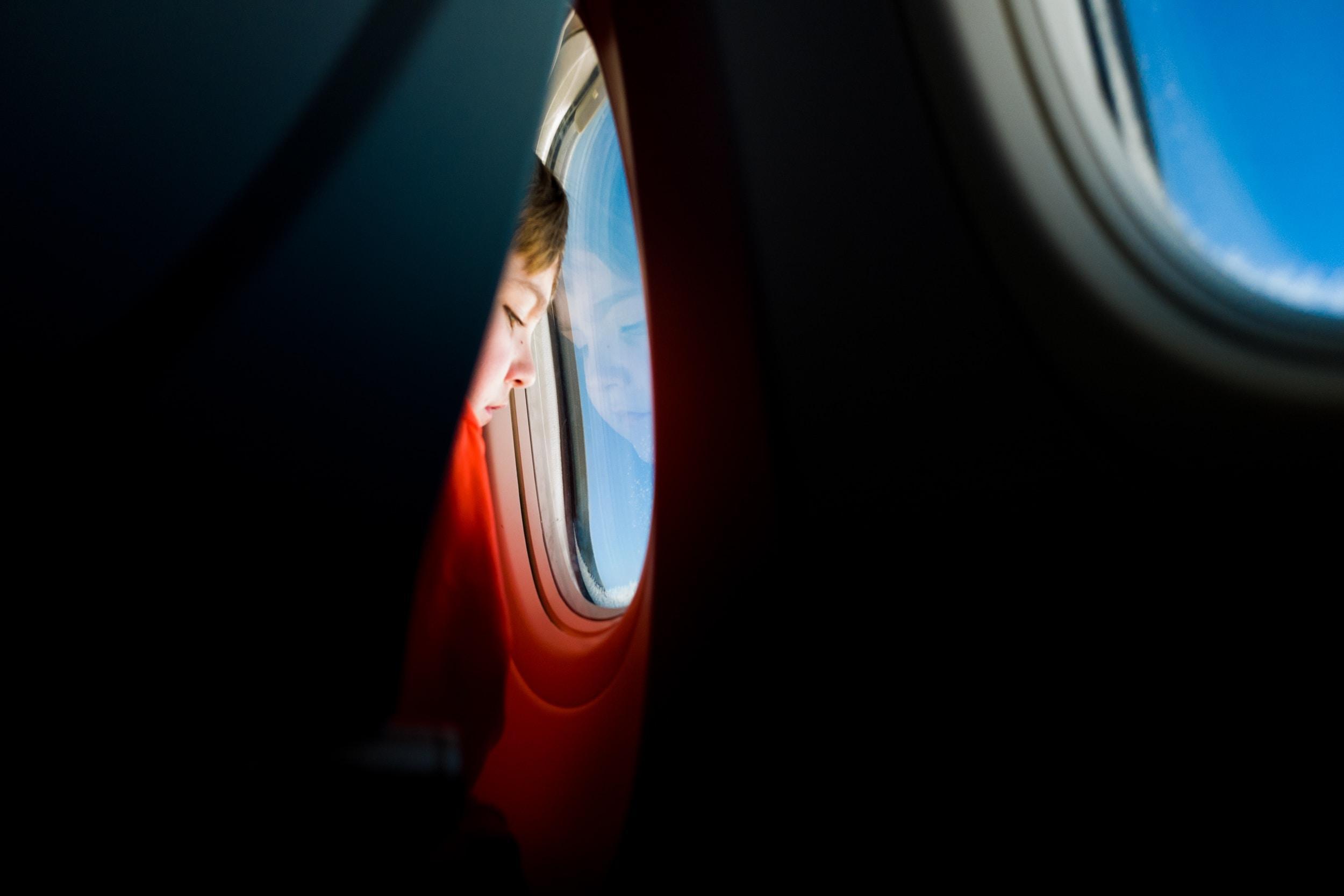Back in 2002, before the word “babymoon” was standard terminology on pregnancy websites, blogs and forums, my husband and I embarked on a last pre-baby vacation. Ours was a four-night jaunt to Boston where we did things that now, two children later, require major planning and strategizing to accomplish.
What exactly is the meaning of a babymoon?
It was originally defined as the period of time after a baby’s birth that a family spends alone together to facilitate bonding between parents and baby. In recent years, however, the meaning of the word babymoon has grown to include pre-baby getaways taken by expecting parents. The purpose of a babymoon today is for mom- and dad-to-be to spend time with each other to nurture the couple’s relationship before becoming parents. Babymoons tend to be more indulgent than regular vacations as babymooners generally get pampered and relax.
The travel industry has capitalized on the babymoon idea by offering vacation packages tailored specifically to expectant parents. These getaway packages, many of which have creative names like Bundle of Joy, Special Delivery and Pregnant Pause, feature spa treatments including prenatal and couples massages, special gifts for baby, gourmet meals and sweet indulgences such as cookies and milk at bedtime to satisfy late-night cravings.
Expecting couples seeking a romantic vacation can find babymoon packages offered everywhere from five-star resorts and charming bed and breakfast inns to local hotels. Babymoon vacations are typically two- to four-nights long, but there are no hard and fast rules. If you prefer a week-long getaway, then go for it. Likewise, even an overnight babymoon at a wonderful inn or spa can be rejuvenating, so don’t let time constraints keep you from taking a pre-baby getaway.

When planning your babymoon, consider the following tips
Consult the Doctor
Ask your doctor if there are any medical concerns you need to consider, and verify that it is perfectly fine for you to travel. If your babymoon includes international travel, consult with your physician regarding preventive measures such as vaccines and region-specific travel precautions.
Time It Right
For most pregnant women, the second trimester is the most pleasant time to travel. By this time, the nausea and morning sickness of the first trimester should be gone and the discomfort of the third trimester is yet to come. According to the American College of Obstetrics and Gynecology, the safest time for a pregnant woman to travel is between 18-24 weeks. Confirm your plans with your doctor before booking.
Savor the Downtime
For a truly enjoyable babymoon, relish the downtime rather than filling the pre-baby vacation with nonstop activities or tours. Couples should seize the opportunity to sleep in, linger over dinner and read a book by the pool— all things that become remarkably more difficult to do once baby arrives.
Minimize Travel Time
Remember, the goal of your babymoon is rest and relaxation. Enduring a five-hour layover or a ten-hour car ride on the way to your destination is not a relaxing start to your trip.
Know Before You Go
Identify the nearest medical center to your babymoon destination. Take the center’s address and contact information with you, along with the phone number of your obstetrician. Check your health insurance to make sure you will be covered, even away from home. It may be a good idea to purchase travel insurance in case you need to cancel at the last minute.
My advice to expecting couples wondering whether they should spend time and money on a babymoon? A resounding, yes! Don’t discount the value of a babymoon. The birth of a child can be a challenging time for new parents, and making an investment in your relationship beforehand can help you get through those new challenges together.




